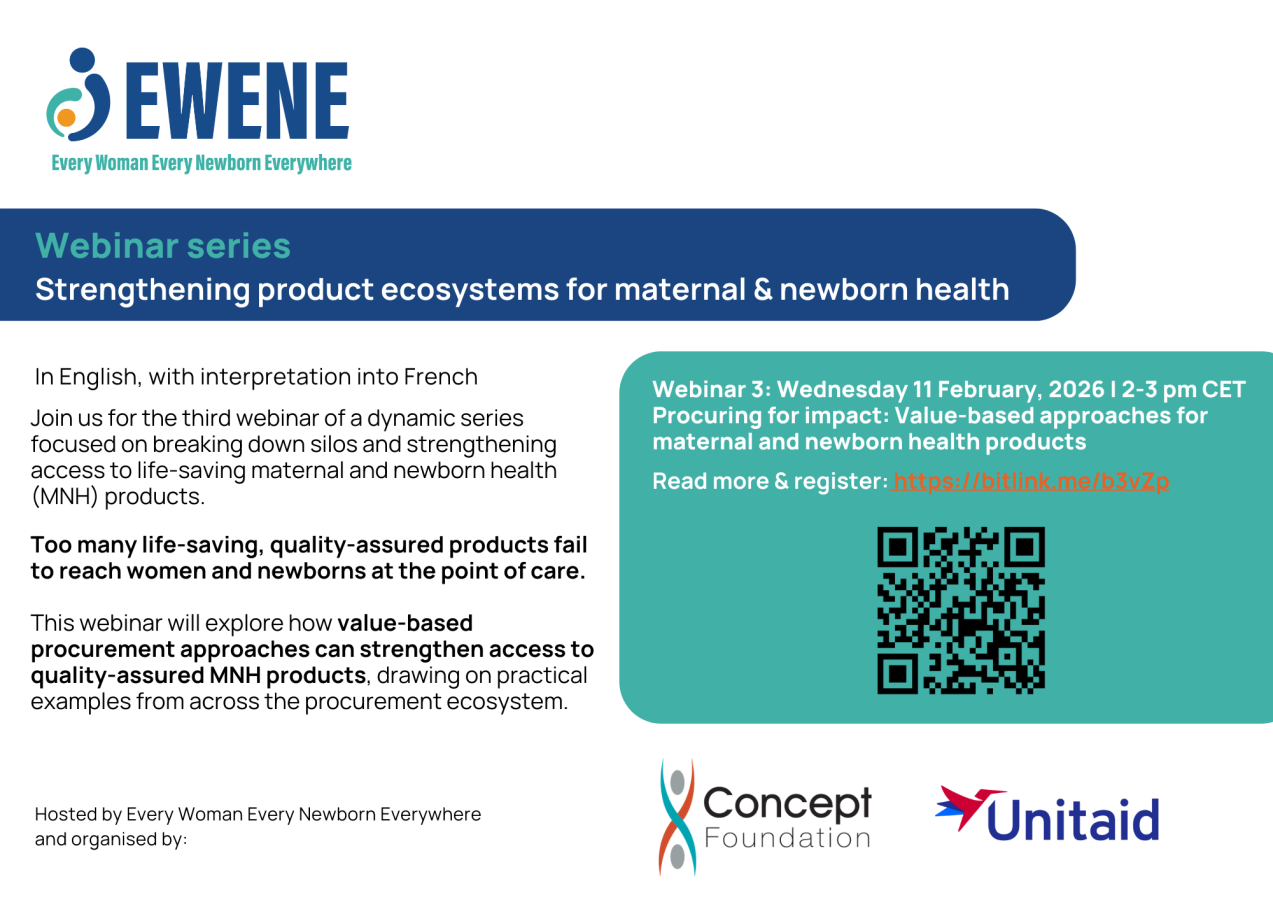
Procuring for impact: Value-based approaches for maternal and newborn health products
Second webinar in a series on Strengthening product ecosystems for maternal & newborn health, hosted by EWENE and co-organized by Unitaid and Concept Foundation.
Photo © 2023 WHO / Gary Chong Studios – Faris Syazwan:
Ismaziah, a community nurse and midwife, assesses the child’s health and runs through the standard medical protocol checklist.
Home > Country action > Malawi
Download the full profile with additional key demographics, progress against milestones, and more.
This profile was developed in May 2023, using data from 2018-2023.
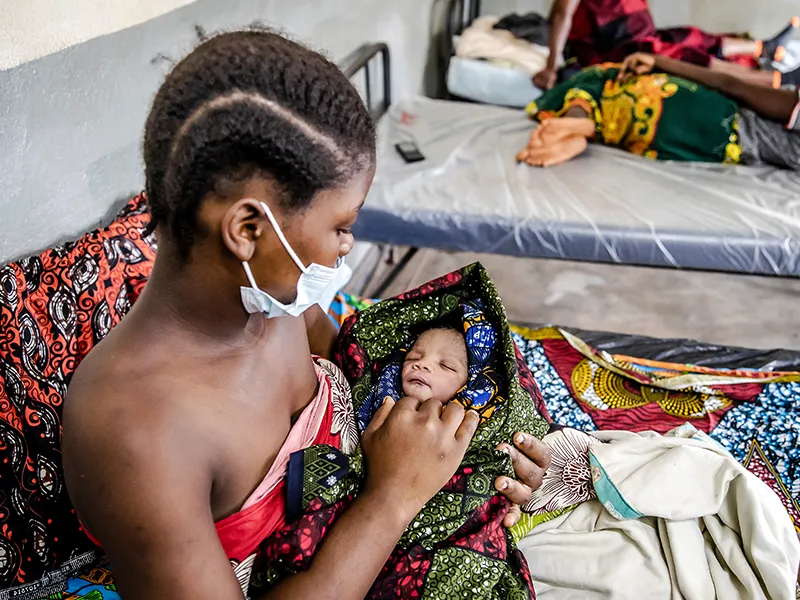

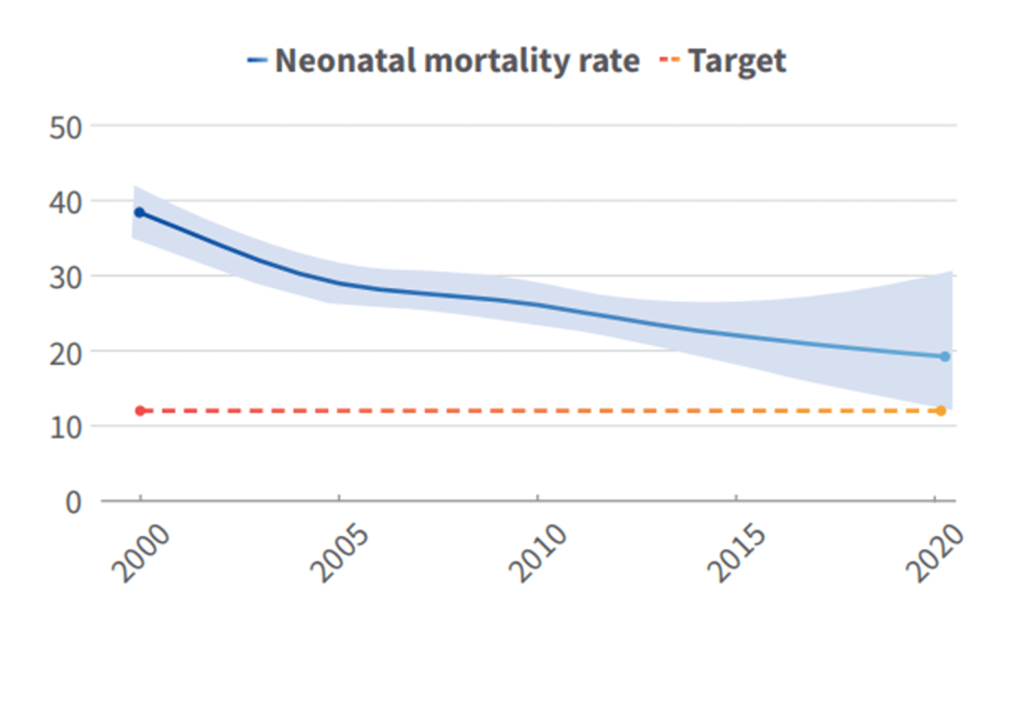
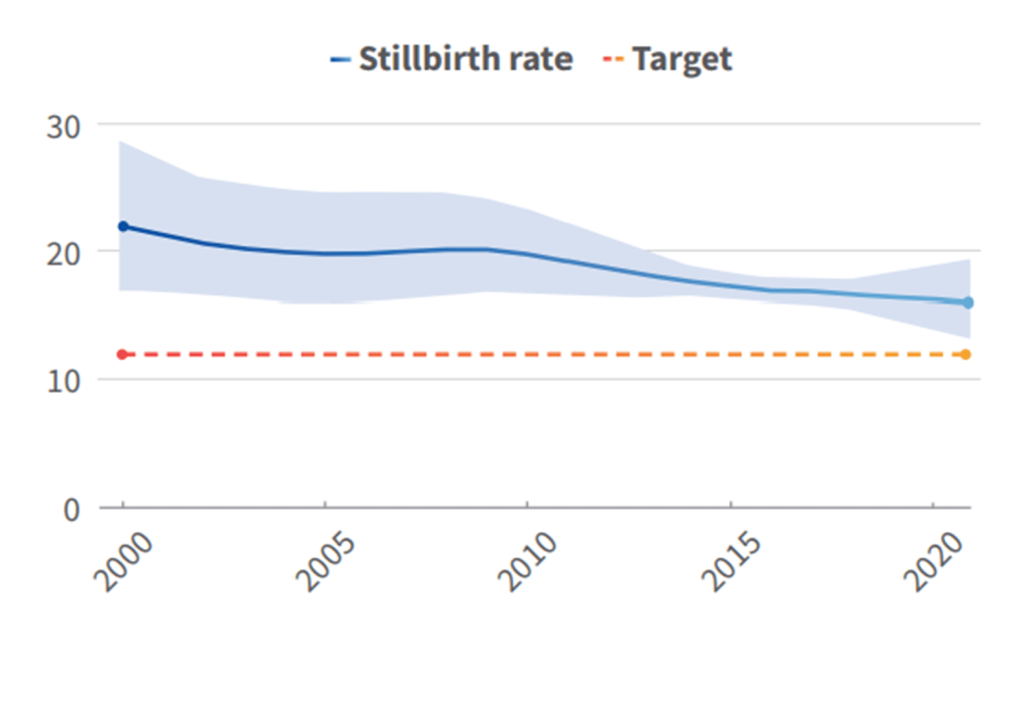
©UNICEF/WHO.
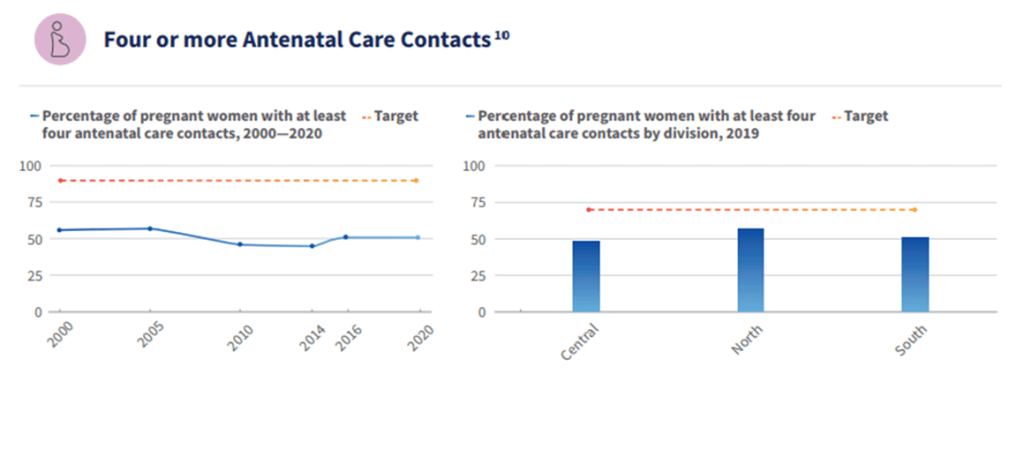

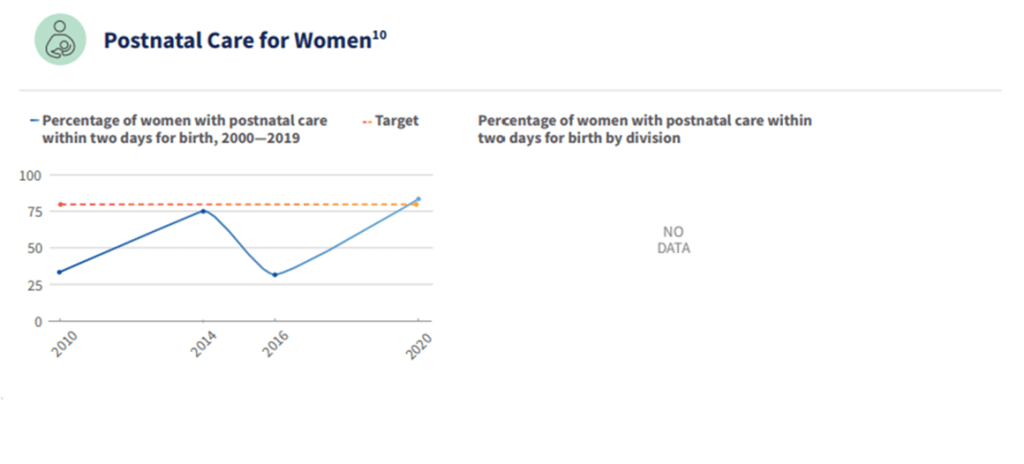
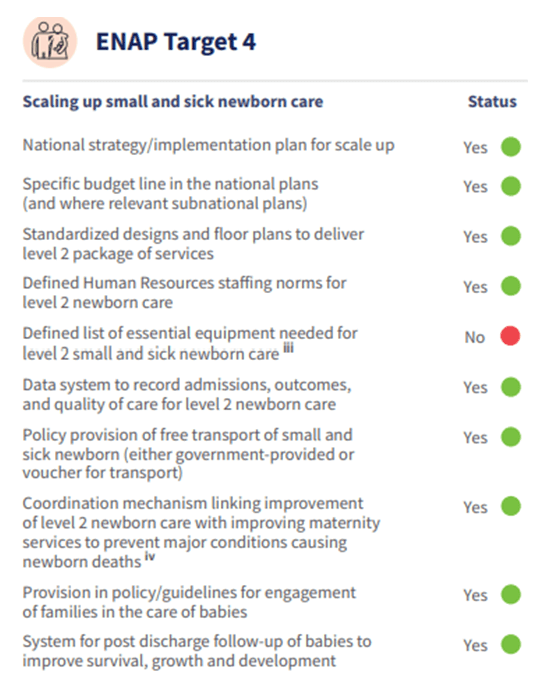
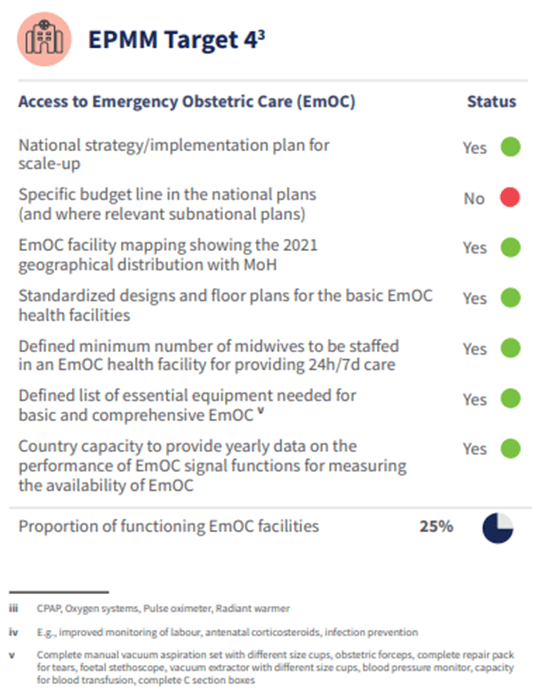
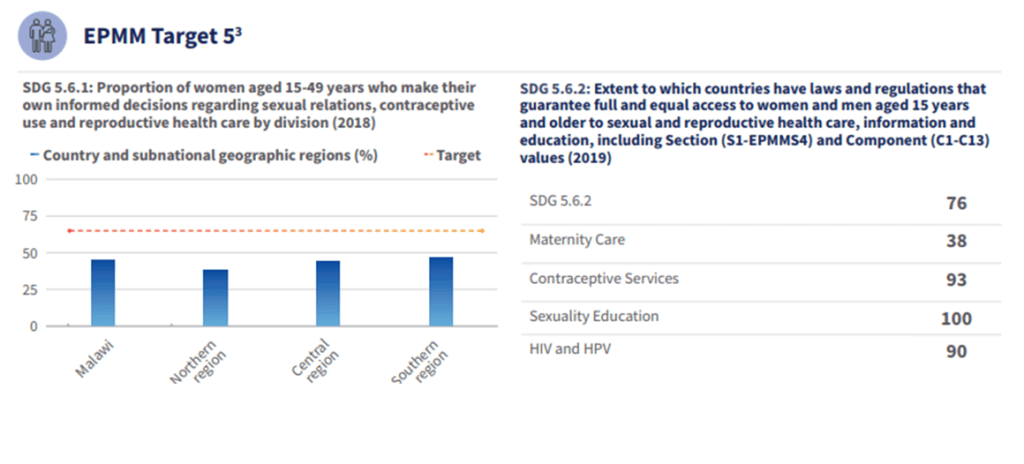
In 2024, some of Malawi’s MNH Acceleration Plan priorities include:
©UNFPA/Luis Tato. Ruth Domi, a mother who delivered her baby recently poses for a portrait in the maternity ward at Ntchisi District Hospital in Ntchisi, Malawi in October 2021.
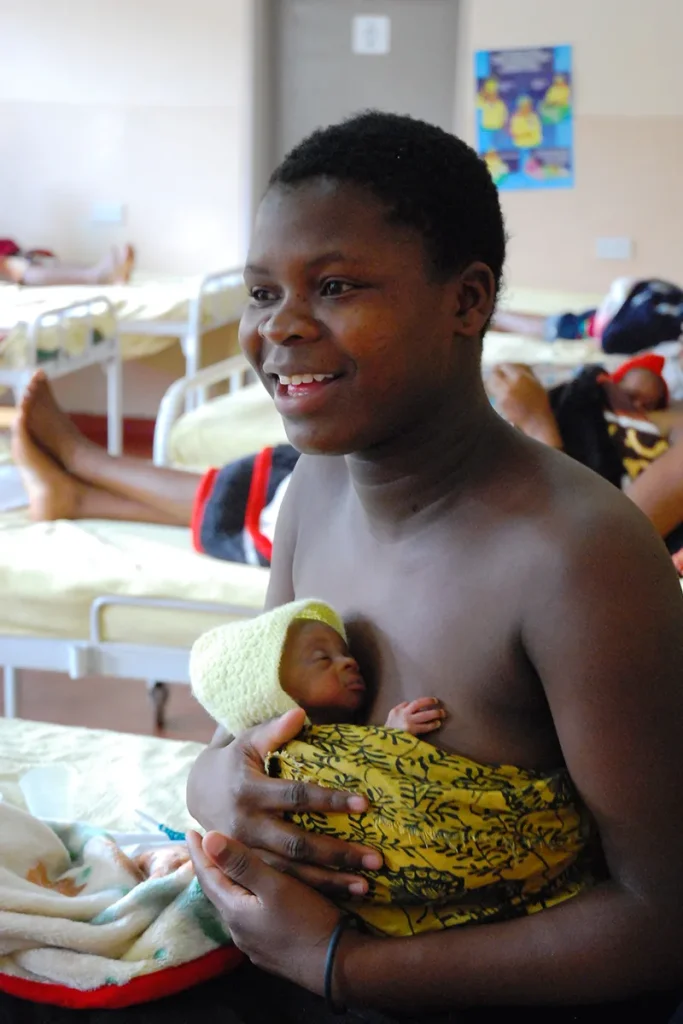
©UNICEF/Eldson Chagara. A mother demonstrates the Kangaroo Mother Care technique at Bwaila Maternity Hospital in Lilongwe, Malawi, in April 2010.
Malawi is one of the 11 countries that set-up the Network for Improving Quality of Care for Maternal, Newborn and Child Health (Quality of Care Network). Malawi’s successes in improving quality of care for maternal, newborn and child health are essential to help reduce maternal and newborn mortality and stillbirths. These include:

Second webinar in a series on Strengthening product ecosystems for maternal & newborn health, hosted by EWENE and co-organized by Unitaid and Concept Foundation.
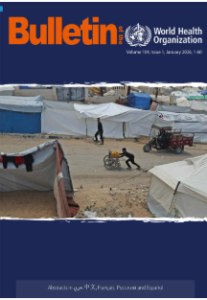
The editorial in the latest World Health Organization’s Bulletin stresses that reducing maternal and newborn deaths is possible even in crisis settings, and calls for
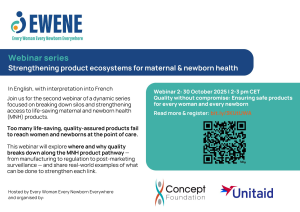
A four-part series on increasing access to quality, life-saving maternal and newborn health products.
A new BMC supplement on Maternal and Perinatal Death Surveillance and Response (MPDSR) looks at what implementation looks like in practice, highlighting research and programmatic
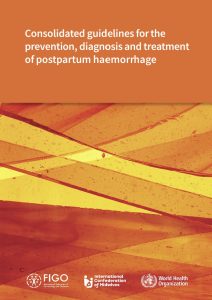
Published by the World Health Organization, the International Federation of Gynecology and Obstetrics (FIGO) and the International Confederation of Midwives (ICM), the guidelines highlight the
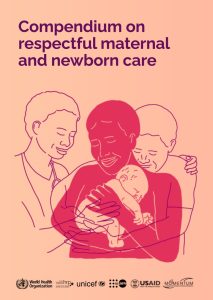
The compendium supports efforts to end mistreatment and achieve respectful maternal and newborn care. It is published by WHO together with UNFPA, UNICEF and the United Nations’ Special Programme on Human Reproduction (HRP), with support from Jhpiego and the MOMENTUM Country and Global Leadership programme.